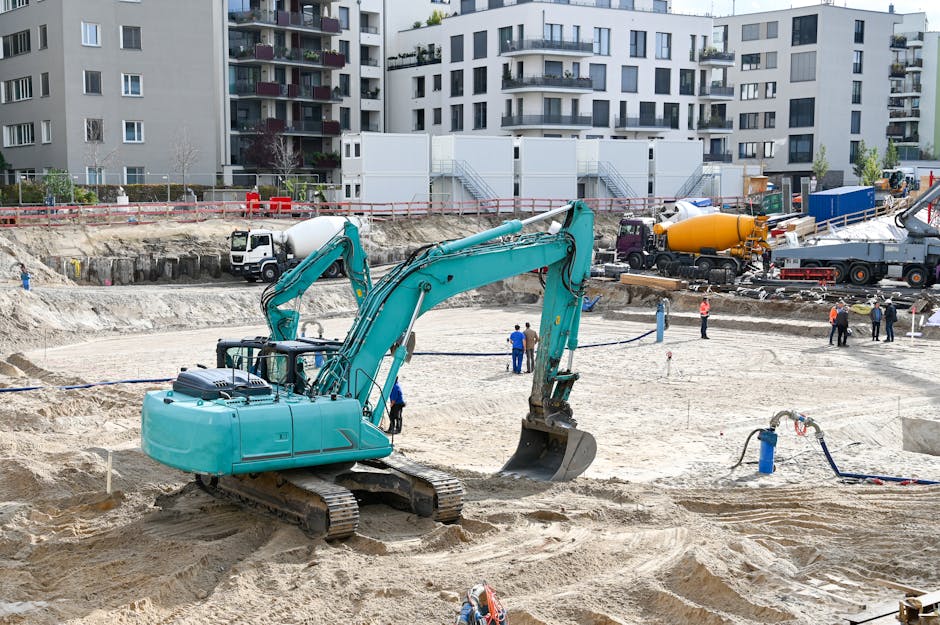 The Advantages of Hydro Excavation in Construction Projects
The Advantages of Hydro Excavation in Construction Projects
When it comes to construction and excavation projects, traditional methods often involve heavy machinery, high risks, and time-consuming processes. However, there is an innovative technique that has revolutionized the industry: hydro excavation. Hydro excavation is a non-destructive method that utilizes water and high-pressure vacuuming to safely excavate soil and debris. In this article, we will explore the advantages of hydro excavation and how it can benefit construction projects.
First and foremost, one of the biggest advantages of hydro excavation is its ability to prevent damage to underground utilities. Unlike traditional digging methods that involve physical contact with the ground, hydro excavation uses pressurized water to break up the soil and a powerful vacuum system to remove the loosened material. This technique reduces the risk of accidental utility line strikes, minimizing costly repairs and potential hazards for workers.
Another significant advantage of hydro excavation is its precision and accuracy. This method allows construction teams to precisely target specific areas for excavation, making it ideal for projects that require trenching, potholing, or exposing underground utilities. The high-pressure water is directed only at the areas that need excavation, ensuring minimal disruption to the surrounding environment. Moreover, hydro excavation can be used in various types of soil conditions, including frozen ground, clay, and rocky terrain, making it a versatile technique for different construction sites.
The efficiency of hydro excavation is another reason why it has gained popularity in the construction industry. Traditional excavation methods often involve a significant amount of manual labor, which can be time-consuming and labor-intensive. On the other hand, hydro excavation utilizes powerful machinery and technology to expedite the process. The pressurized water quickly and efficiently breaks up soil, while the vacuum system simultaneously removes the material. This streamlined process not only saves time but also reduces the need for manual labor, resulting in increased productivity and cost savings for construction projects.
Lastly, hydro excavation is an environmentally friendly alternative to traditional digging methods. With its non-destructive excavation technique, hydro excavation minimizes the impact on the surrounding environment. The use of water instead of mechanical digging reduces soil erosion and avoids the release of harmful chemicals, making it a sustainable option for construction projects. Additionally, the vacuum system captures and contains all the excavated material, preventing pollutants from entering nearby water sources or surrounding areas.
In conclusion, hydro excavation provides numerous advantages for construction projects. From its ability to prevent utility line strikes to its precision, efficiency, and environmental friendliness, hydro excavation has become a preferred method in the industry. By opting for hydro excavation, construction teams can enhance safety, increase productivity, and reduce costs. As technology continues to advance, it is expected that hydro excavation will play an even more significant role in future construction endeavors.